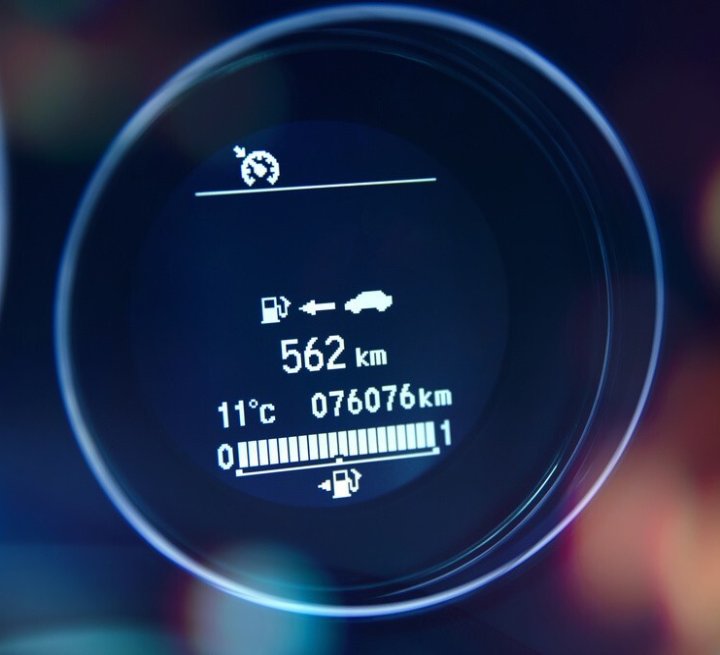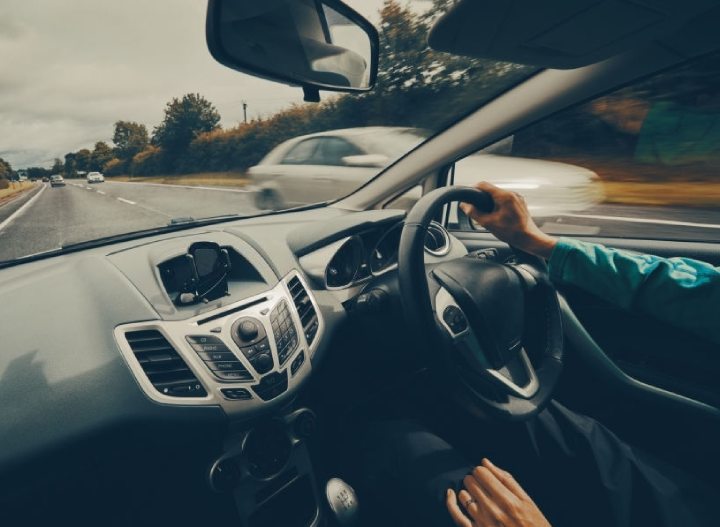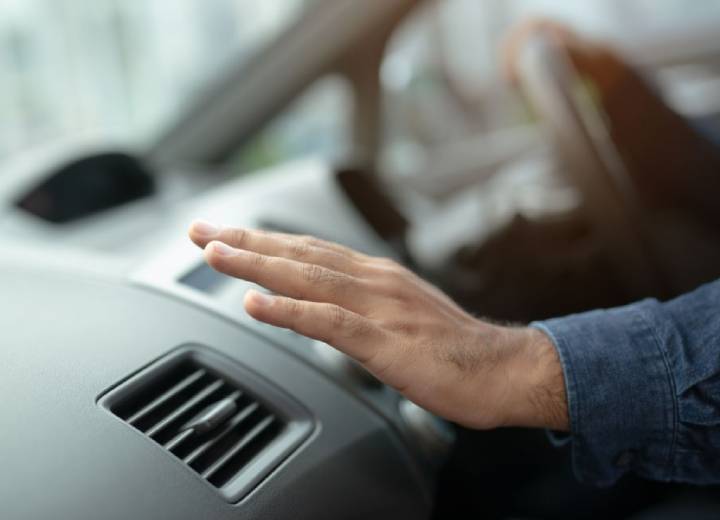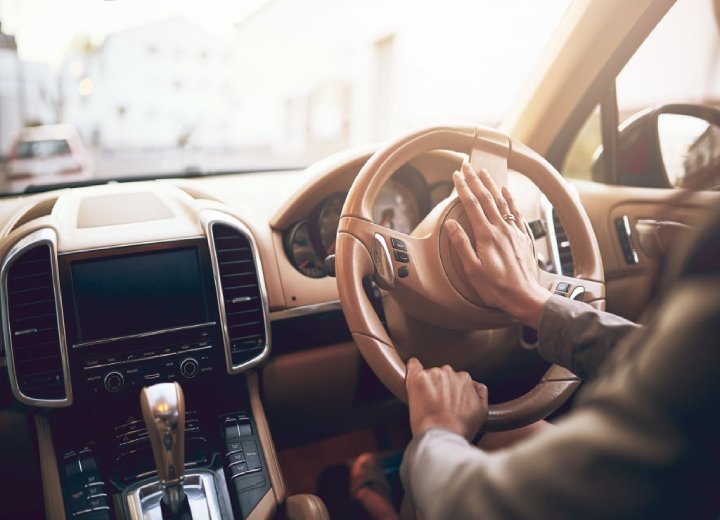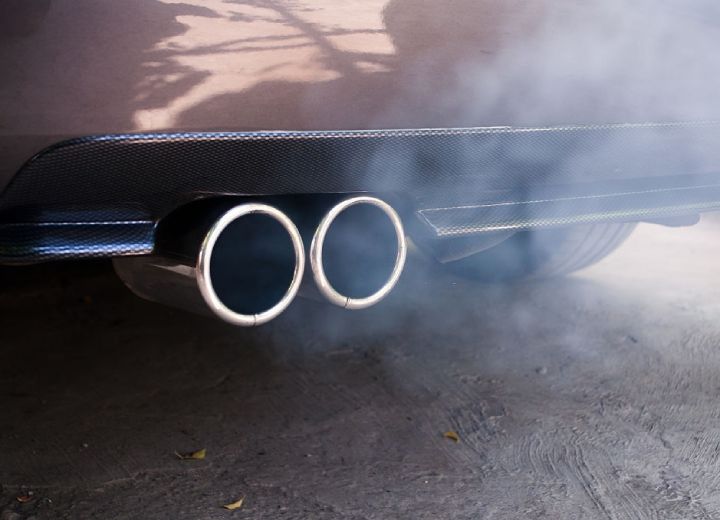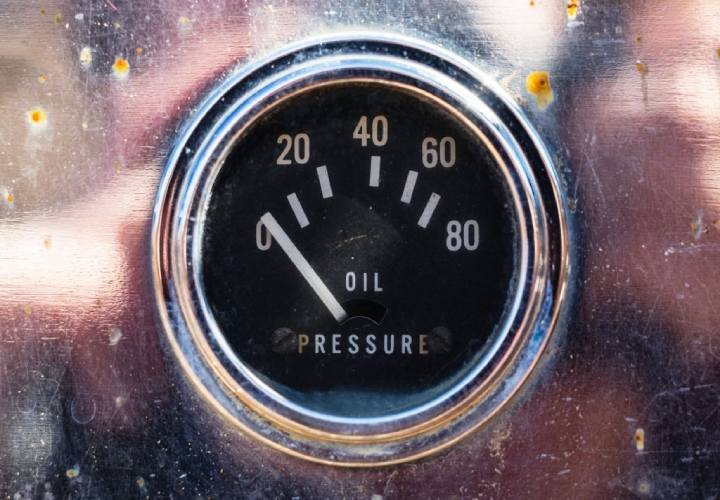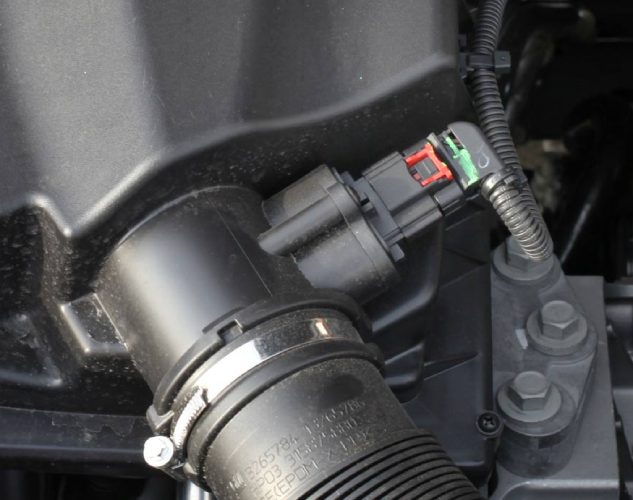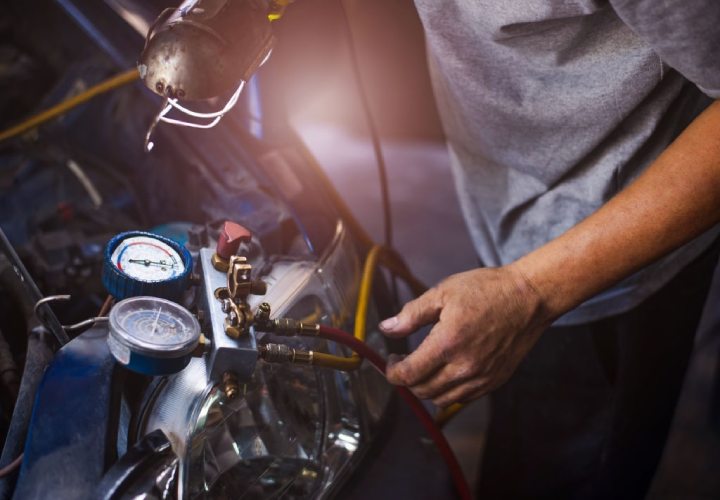A clutch is a device that helps transmit power from the engine to the wheels. It is an essential component of any vehicle with an internal combustion engine. The clutch allows the driver to smoothly engage and disengage the engine from the drivetrain, which helps keep the car from jerking forward or backward when starting or stopping.
This Is How Long a Clutch Will Typically Last
Most clutches will last for the car’s life if they are correctly maintained. However, some driving habits can cause premature wear and tear on the clutch, leading to problems down the road. It all comes down to your driving style and how well you maintain your car.
From my experience as a car mechanic, I’ve seen clutches going out as soon as 30,000 miles, while other cars have been driven over 150,000 miles on the original clutch. On average, I would say that most clutches will last over 100,000 miles.
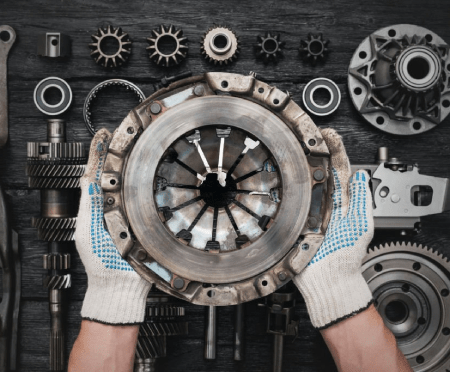
The second most important aspect of the life expectancy of a clutch is the quality of the part. A cheaper clutch will last less, while an OEM part will likely last longer. If there is a dealership mechanic in your area which you can trust, I recommend supplying the part from them.
Here are a few tips to help you get the most out of your clutch:
– Avoid riding the clutch: Keeping your foot on the pedal even when you’re not using it. This can cause the clutch to wear out prematurely.
– Don’t use the clutch to hold the car in place when you’re stopped: This can also cause unnecessary wear and tear on the clutch. Use the brake pedal instead.
– Don’t shift gears while the car is still moving: This can also damage the clutch. Wait until the vehicle has come to a complete stop before shifting gears.
If your clutch starts showing signs of wear and tear, it’s important to take it to a mechanic for repair as soon as possible. Neglecting a worn-out clutch can lead to more severe problems down the road.
What Causes Premature Clutch Failure?
There are a few things that can cause premature clutch failure, such as:
– Faulty parts: If the clutch is not assembled properly or there is a problem with the clutch plates, it can lead to premature wear and tear.
– Improper use: Misusing the clutch can cause it to wear out prematurely.
– Excessive driving: If you drive your car more than usual, it can put extra strain on the clutch and lead to premature failure.
– Extreme temperatures: Extreme heat or cold can also damage the clutch and cause it to fail prematurely.
How To Prevent Clutch Failure?
There are a few ways that you can prevent clutch failure, such as:
– Proper maintenance: Make sure to have your clutch regularly serviced by a qualified mechanic. This will help keep it in good condition and prevent it from wearing out prematurely.
– Avoid excessive driving: If you don’t have to drive your car very often, try not to use the clutch too much. This will help preserve the life of the clutch.
– Use the proper gear: When shifting gears, make sure to use the correct gear for the car’s speed. This will help reduce wear and tear on the clutch.
How Do I Know When My Clutch Is Going Bad?
If you’re not sure whether or not your clutch is going bad, there are a few signs to look out for, such as:
– Difficulty shifting gears: If it’s becoming harder and harder to shift gears, it could be a sign that the clutch is starting to wear out.
– Burning smell: A burning smell coming from the car can signify that there is something wrong with the clutch.
– Vibration: If you feel a vibration when you press on the pedal, it could be a sign that the clutch is starting to fail.
How Much Does It Typically Cost To Replace a Clutch?
The cost of replacing a clutch can vary depending on the make and model of the car. However, it typically costs between $700 and $1,200 to install a new clutch. While the part itself will cost around $300-$500, the labor cost will usually outweigh the cost of the clutch kit.
You need to remember that the cost will also be affected by the make and model of your car.
FAQ
Here is a list of short questions that I hope will make you more familiar with how the clutch works.
Is It OK To Drive With a Slipping Clutch?
It’s not recommended to drive with a slipping clutch, as it can damage the transmission. If you’re experiencing a slipping clutch, have it fixed as soon as possible.
Your clutch will most likely fail entirely after about 100 miles of driving, risking having your car stranded.
How Should a Clutch Pedal Feel?
The clutch pedal should feel firm and have a smooth, consistent action. If the pedal feels spongy or soft, it could be a sign that there is something wrong with the clutch. I recommend having your car checked by a specialist as soon as possible, to avoid any unnecessary headache.
A failing clutch can wear out prematurely other car parts, mainly your gearbox, which can become costly to repair.
How Far Should a Clutch Pedal Travel?
While there is no exact distance of how long the clutch pedal should travel, you should be able to press the pedal about 1 inch without effort, while the rest of the traveling distance will require considerably higher effort.
Every since I was a little boy, I can remember spending the afternoons in my dad’s repair shop. I got my first car at 16 and it was the best feeling ever!
I have contributed to various automotive publications but decided it’s finally time to settle for something constant.

